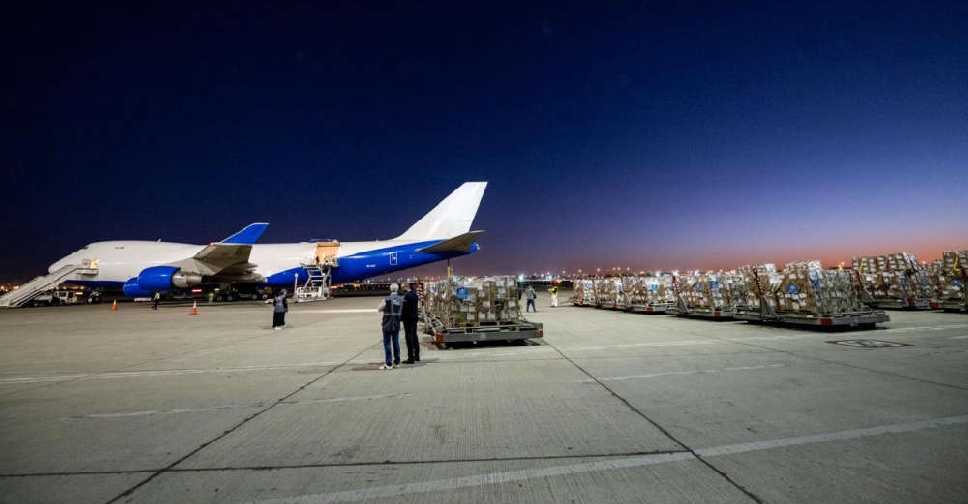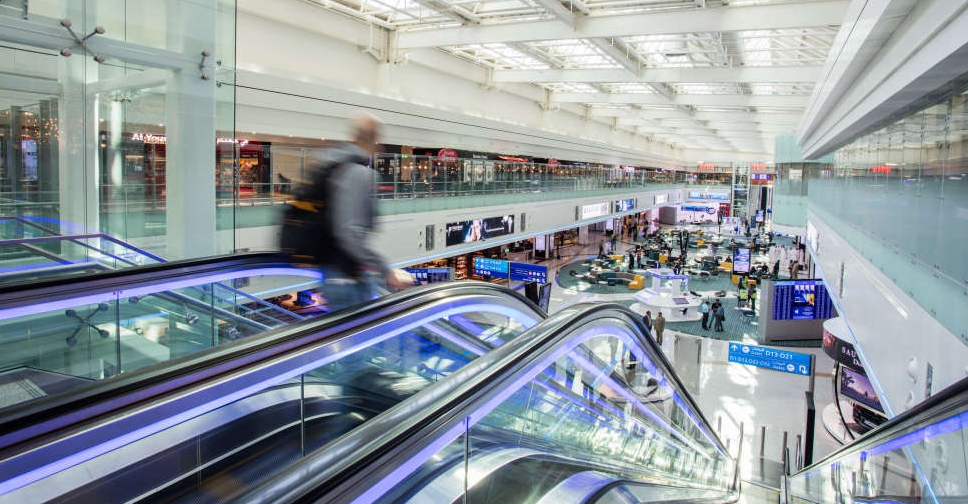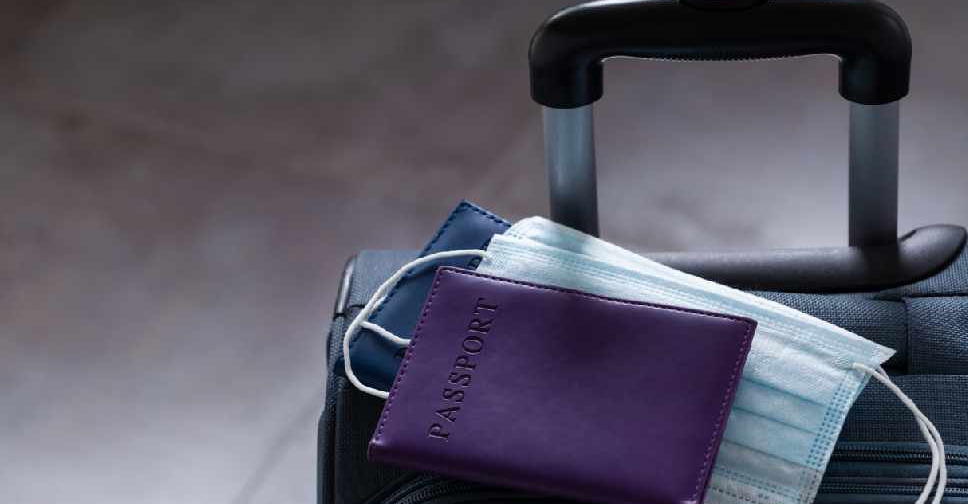
Starting April, Thailand will reduce its mandatory quarantine from 14 to seven days for international travellers who have been vaccinated against the coronavirus, its Health Minister said on Monday.
Vaccinations must be administered within three months of the travel period and visitors will still be required to show negative COVID-19 test results within three days of their departure, Anutin Charnvirankul told a news conference.
Those not yet inoculated but with coronavirus-free certificates would be quarantined for 10 days, he said.
"Foreigners travelling to Thailand with vaccination certificates in accordance with the requirements of each brands, will need to quarantine for only seven days," Anutin said, referring to the doses needed to be effective.
Thailand's flight limits, its strict entry requirements and mandatory quarantine for all arrivals have been central to its success in limiting the spread of the virus to just over 26,000 cases and 85 deaths.
Those curbs have decimated its vital tourism sector, however, prompting widespread jobs losses and business closures and contributing to the country's deepest economic traction in over two decades.
The country received close to 40 million visitors in 2019.
The new measures do not apply to those travelling from Africa, who would still be subject to quarantine for two weeks due to concerns about other variants of the virus.
Vaccinated Thai nationals without a certificate showing they are coronavirus-free need to spend one week in quarantine after two negative tests in the country.
After October, if Thailand inoculates 70 per cent of medical personnel and at-risk groups, there could be more easing of restriction, Anutin said, adding it was possible quarantine could be waived completely.
Thailand has so far vaccinated 27,497 people, mostly medical workers, using the Sinovac Biotech vaccine. It has ordered 61 million doses in total of the AstraZeneca vaccine with mass vaccinations slated to begin in June
Anutin said the country may need to order an additional 10 to 20 million doses, which it could source from other producers.




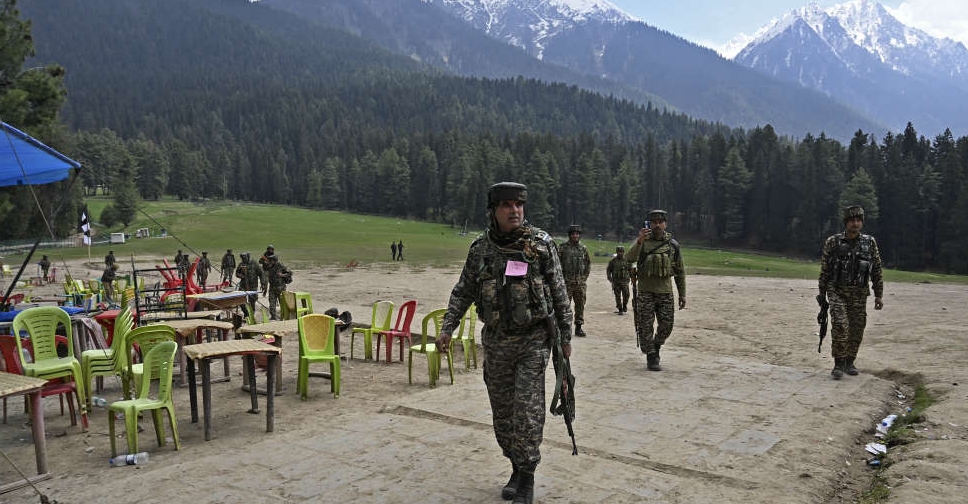 Indian army chief to visit Kashmir in aftermath of Pahalgam attack
Indian army chief to visit Kashmir in aftermath of Pahalgam attack
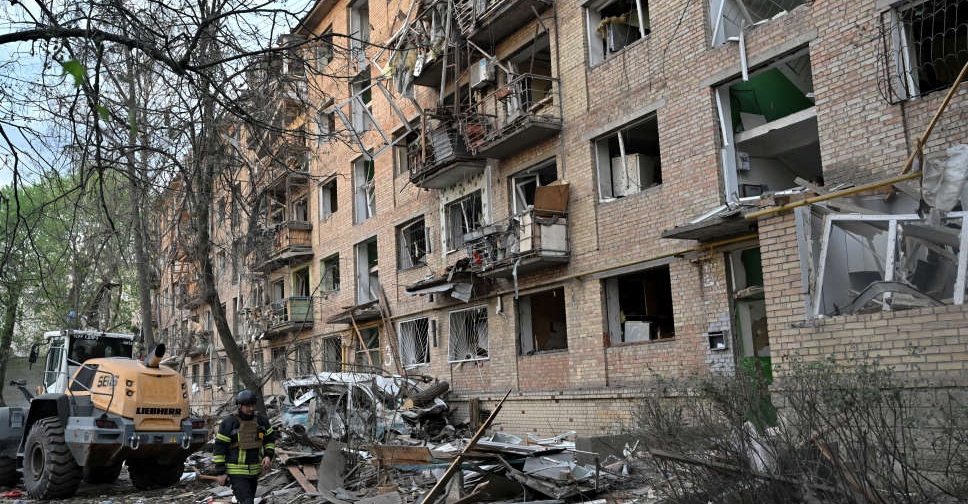 Trump tells Putin to 'stop' after Russian attack kills 12 in Kyiv
Trump tells Putin to 'stop' after Russian attack kills 12 in Kyiv
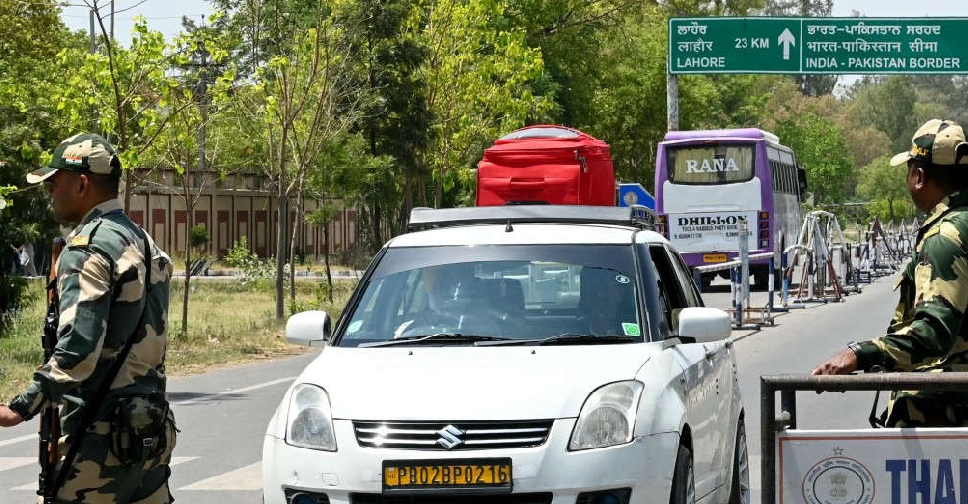 Pakistan closes air space for Indian airlines
Pakistan closes air space for Indian airlines
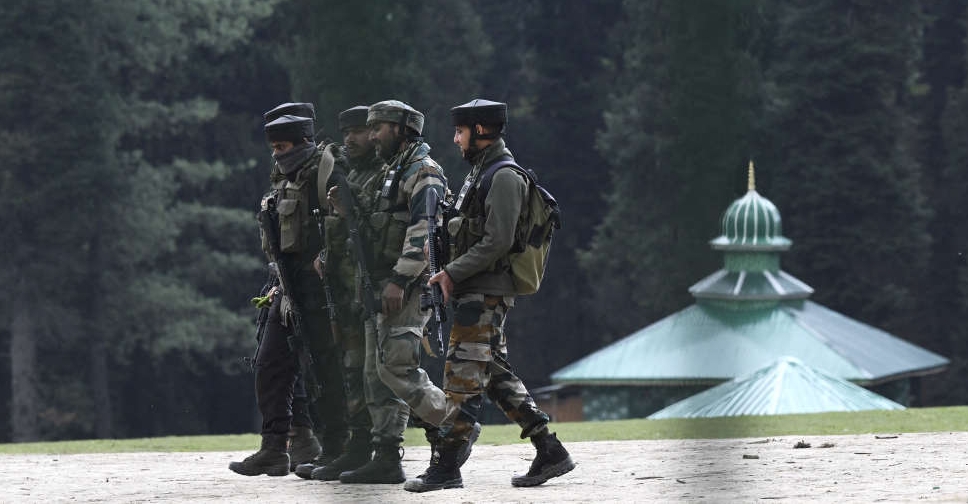 India will pursue perpetrators of Kashmir attack to 'ends of earth', Modi says
India will pursue perpetrators of Kashmir attack to 'ends of earth', Modi says
